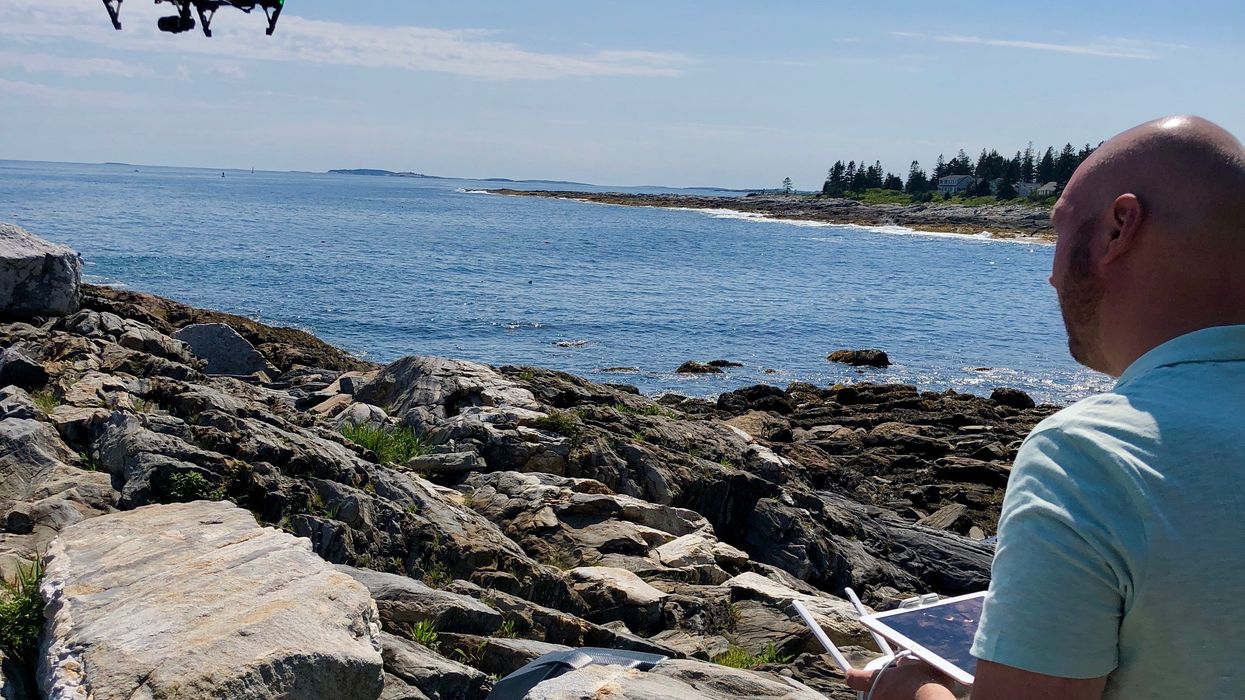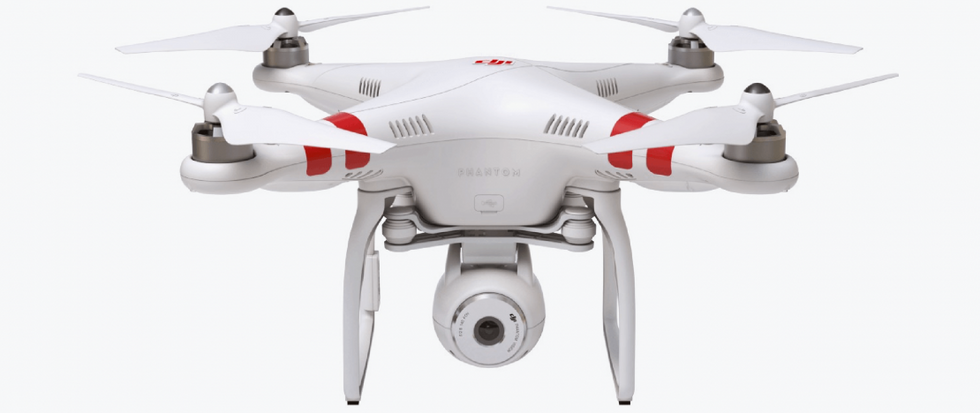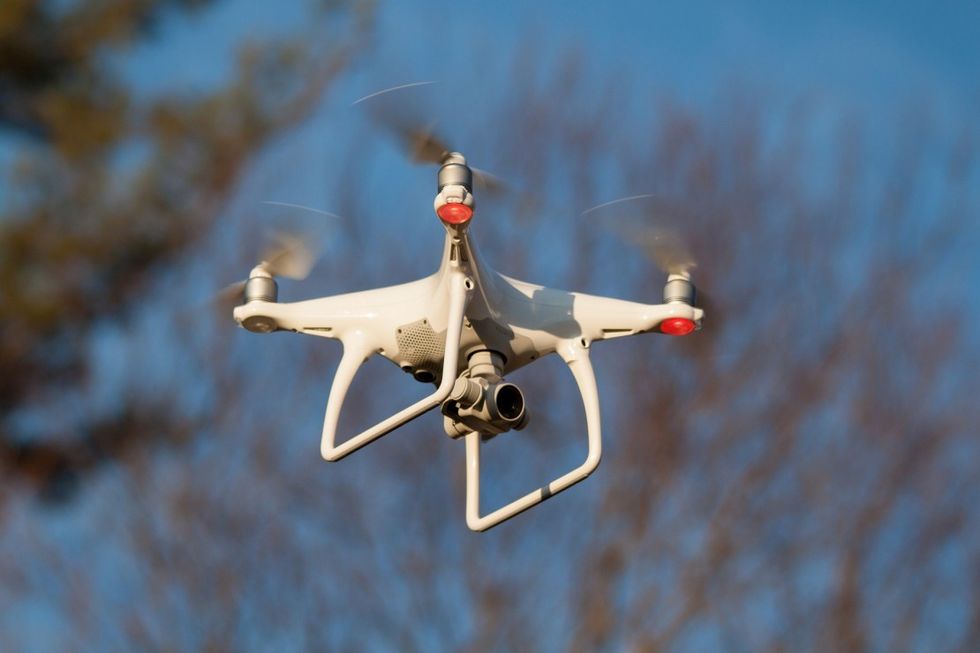How to Fly a Drone For Beginners (Drone Flying Tips Checklist)
Here are some drone flying tips for beginners to help you fly a drone like a pro.

Drones are incredibly useful filmmaking tools. They can help you create dynamic establishing shots, they can mimic traditional filmmaking tools like jibs, sliders, and Steadicams. And drones really add a lot of production value without you investing a ton of money.
Plus, since drone technology continues to get better and more affordable, drones are becoming ubiquitous on film production sets of all sizes and budgets. From small independent productions to Hollywood blockbuster films, drones are quickly becoming a staple production tool.
Beginner Drone Flying Tips
So, how do you fly a drone? Like with any other skill, doing it is one thing and doing it well is another. To get you started, here is a set of drone flying tips for beginners.
Get Part 107 Certified
In the U.S. (and many other countries around the world) flying a drone for any type of commercial application requires that you be certified. Here in the United States, we refer to it as getting "Part 107 certified" or "getting your part 107". That refers to taking and passing a written exam designed by the FAA and administered by your local Flight District Standards Office (FSDO) at a testing center (usually located at an airport). You will need to study topics ranging from safe and legal operations of Small Unmanned Aerial Systems (sUAS for short), weather, air traffic procedure, aeronautical decision making, and more. There are plenty of study guides out there and check out my article detailing how I prepared for my Part 107 exam.
There are two reasons why you should start by studying and passing the test.
- The process of studying for the exam will be a learning process in and of itself which will help you stay out of danger and protect your equipment once you do start flying.
- It's the law that you have your certification before engaging in any commercial or professional work. The sooner you get certified, the sooner you'll be able to legally work (for yourself or for other productions).
The Best Beginner Drones
My first drone was a DJI Phantom 2 and I crashed it so many times while practicing various camera maneuvers that I could have bought four of them for what I spent in repairs. If this is your first drone, get a cheap toy drone. Don't worry about the camera quality or obstacle avoidance right now. You want a cheap drone that you can crash without worrying about it (because you will crash, I promise). If you save up, spend a ton of money on an expensive drone, you'll end up regretting it when you put it into a tree and you'll be so fearful of losing it that you won't push yourself out of your comfort zone and you'll stunt your own progress.
Learn to Fly Toward Yourself
One of the most common reasons new (and experienced) pilots crash is because they become disoriented. When the drone is facing away from you, pushing right makes the drone go right and pushing left makes it go left. Simple enough. But, when the drone is pointed at you everything is backwards.
If you're looking into your monitor, realize you're in trouble, and look up at your drone to figure out which way to steer to get out of danger you'd better know which way the drone is facing and know which way to move the sticks to avoid obstacles or you're going to fly right into them. Practice flying the drone toward you (not too close of course). Practice avoiding obstacles while the drone is facing you and that will really help you develop the kind of situational and spatial awareness you'll need to remain calm and in control when you're flying.
Find Others Learning How to Fly Drones
Tips for Practicing Drone Flying
It may seem to go without saying but aerial shooting is a skill that you need to practice regularly in order to improve and to keep your skills sharp. As much fun as flying is, you'd be surprised how easy it can be to make excuses to keep your expensive drone safe on the ground. Don't let yourself do that. Go out as often as your can and practice. When you're on set or when you're filming your own project, you'll want to feel confident and capable. The only way to do that is to stay in shape and continuously work on your craft. So get out there and fly!













